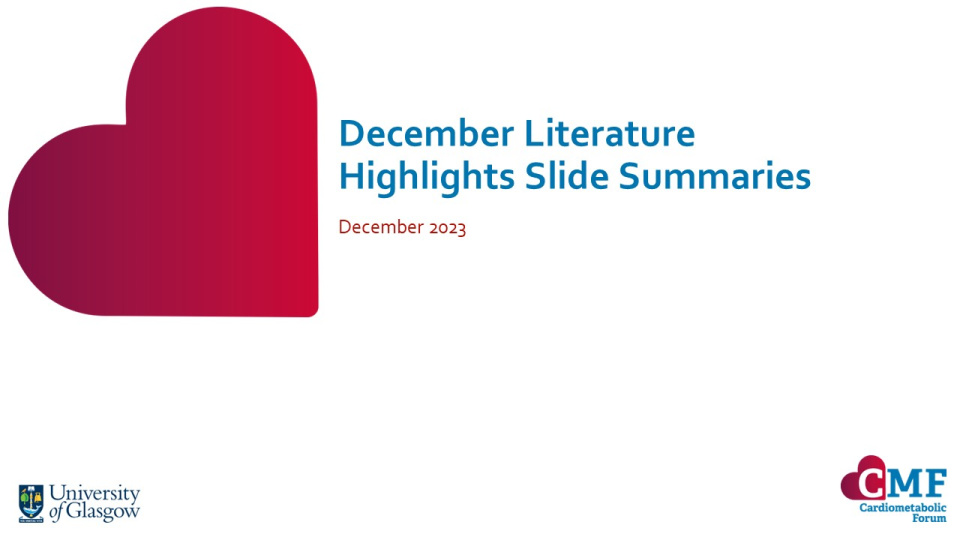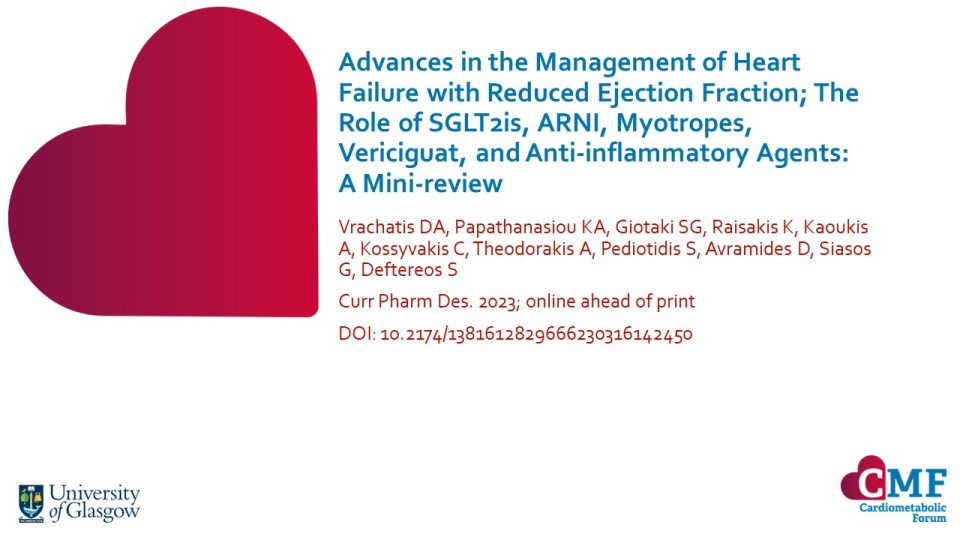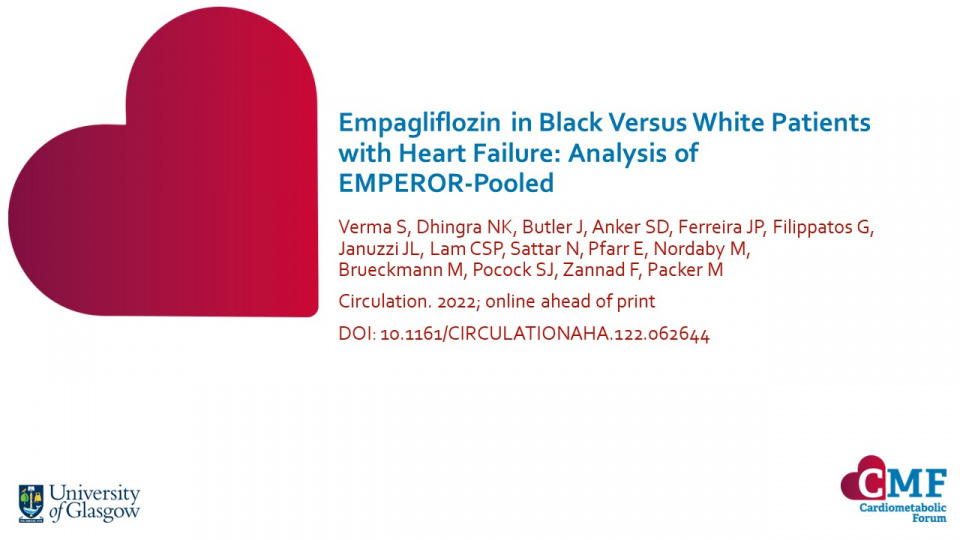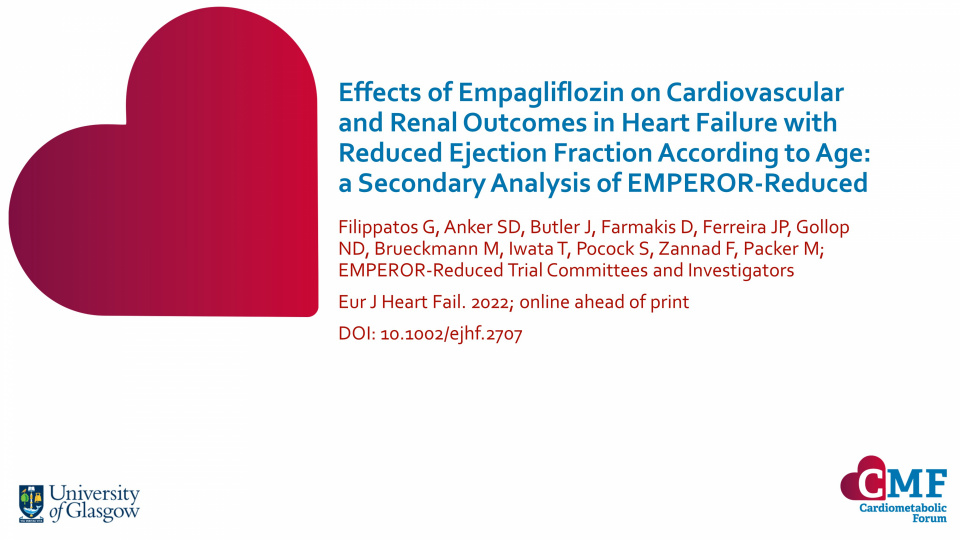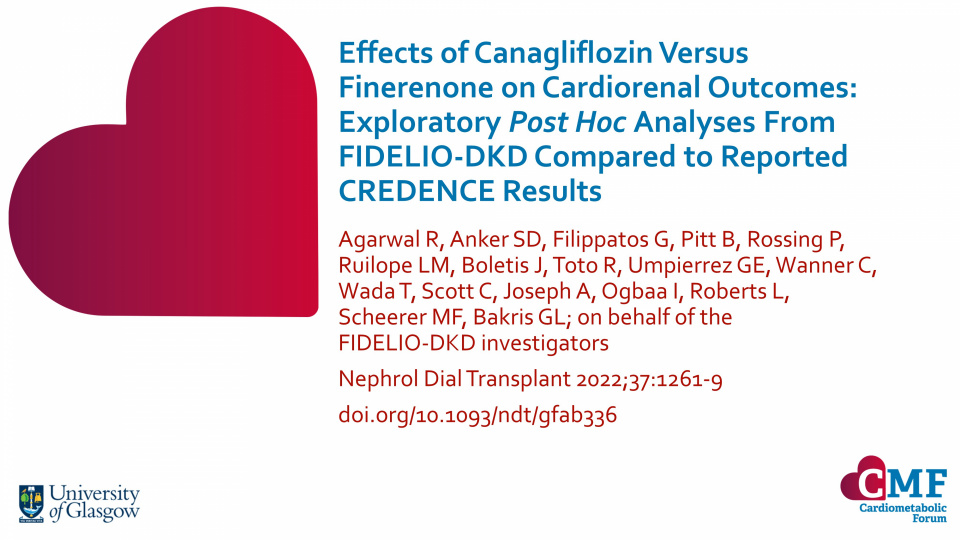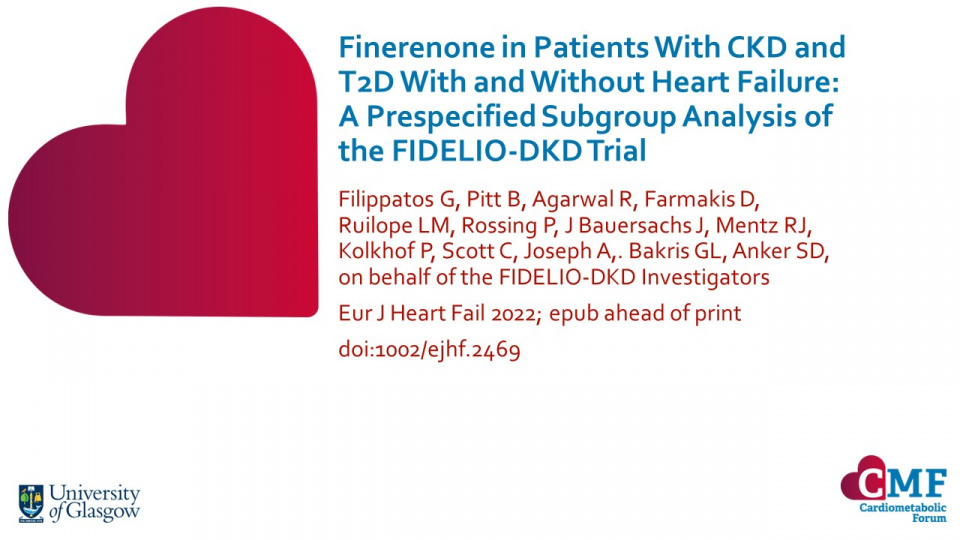Publications
Stay up to date with our literature reviews which are curated by experts to feature the most important publications released each month. Explore our publications for access to concise summary slides for your own use.
Advances in the Management of Heart Failure with Reduced Ejection Fraction; The Role of SGLT2is, ARNI, Myotropes, Vericiguat, and Anti-inflammatory Agents: A Mini-review
Curr Pharm Des. 2023; online ahead of print DOI: 10.2174/1381612829666230316142450
This mini-review summarises recent data on new treatments for HFrEF. The article highlights that SGLT2i have revolutionised the management of HFrEF via significant reductions in CV mortality and HF hospitalisations. The role of sacubitril/valsartan as a potential replacement for ACEis and ARBS is discussed. New data on promising disease-modifying therapies are highlighted including vericiguat, which restores the impaired cyclic guanosine monophosphate pathway, and omecamtiv mecarbil, which stimulates cardiac myosin without marked arrhythmogenesis. The lack of success in developing anti-inflammatory agents for HFrEF, despite inflammasome activity being implicated in HFrEF pathophysiology, is discussed.
Keywords:
Empagliflozin in Black Versus White Patients with Heart Failure: Analysis of EMPEROR-Pooled
Circulation. 2022; online ahead of print DOI: 10.1161/CIRCULATIONAHA.122.062644
While analyses from DAPA-HF and EMPEROR-Reduced demonstrated a consistent benefit of SGLT2i in Black patients, data were limited to HFrEF and included a small number of Black patients. In the current analysis, the efficacy and safety of empagliflozin according to Black vs White race in the Americas was assessed across the spectrum of EF in EMPEROR-Pooled, a combined dataset from both EMPEROR trials.
Keywords:
Effects of Empagliflozin on Cardiovascular and Renal Outcomes in Heart Failure with Reduced Ejection Fraction According to Age: a Secondary Analysis of EMPEROR-Reduced
Eur J Heart Fail. 2022; online ahead of print DOI: 10.1002/ejhf.2707
Results from EMPEROR-Reduced demonstrated that empagliflozin improved CV and renal outcomes in patients with HFrEF, but its efficacy and safety across patient's age is not well established.
Keywords:
Effects of Canagliflozin Versus Finerenone on Cardiorenal Outcomes: Exploratory Post Hoc Analyses From FIDELIO-DKD Compared to Reported CREDENCE Results
Nephrol Dial Transplant 2022;37:1261-9 doi.org/10.1093/ndt/gfab336
This analysis highlights the pitfalls of direct comparisons between trials, since when key differences in design are considered, FIDELIO-DKD and CREDENCE demonstrate similar cardiorenal benefits. The authors conclude that both canagliflozin and finerenone are similarly effective in reducing the risk of cardiorenal outcomes.
Finerenone in patients with CKD and T2D with and without heart failure: A prespecified subgroup analysis of the FIDELIO-DKD trial
PMID: 35239204 DOI: 10.1002/ejhf.2469
This subgroup analysis of the FIDELIO-DKD trial discovered that finerenone improved cardiorenal outcome in patients with chronic kidney disease and type 2 diabetes.

